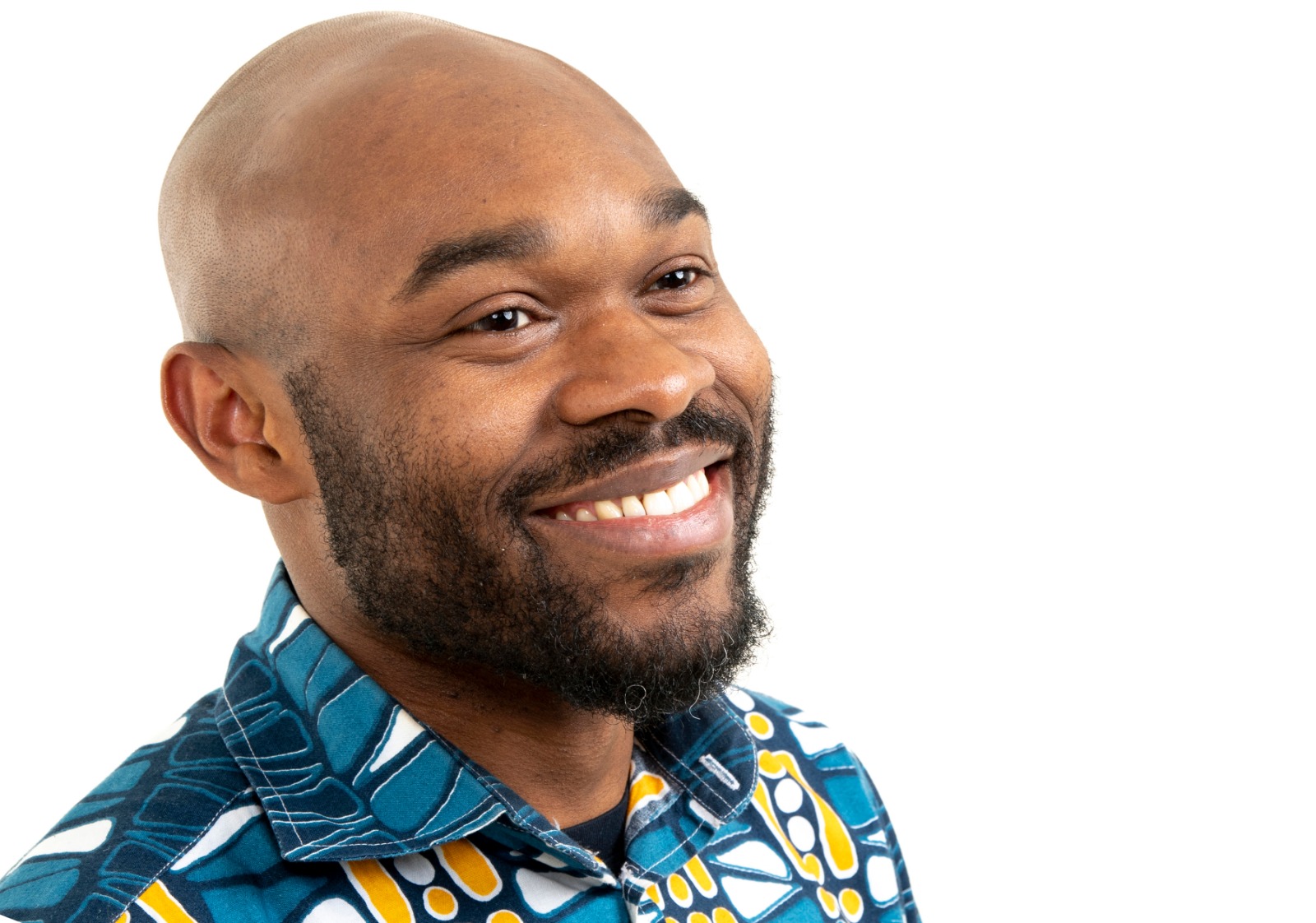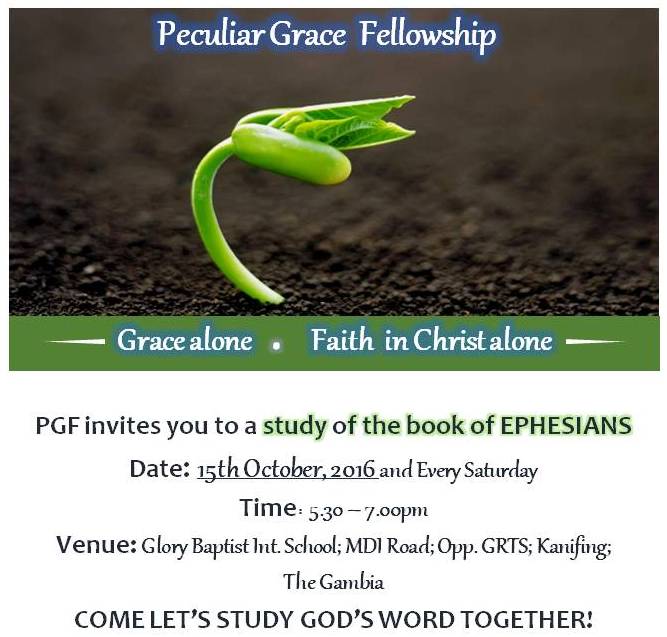
“Do you think we shall see Mr Whitefield in heaven?” asked a follower of John Wesley. “No, sir,” replied Wesley, “I fear not. Mr Whitefield will be so near the Throne and we at such a distance we shall hardly get a sight of him.”
This conversation which took place nearly three centuries ago sadly reflects the spirit in which some on both sides of the theological divide have approached discussions on the subject of election — up till today.
What prompted Wesley’s student to ask such a presumptuous question? Simply because Whitefield’s view on God’s sovereign grace in election differed from that of their teacher, Wesley.
George Whitefield took the view which teaches that God has chosen the elect out of the good pleasure of His own will or His own good pleasure, in spite of themselves. In other words He, moved by nothing in the elect at all, but purely out of His own great love and person has chosen those who are saved. This view, otherwise known as the Calvinistic view on election, was more or less the universal view of the Church until the beginning of the 17th century when Jacob Arminius proposed a second view. Wesley took to Jacob Arminius’ view and taught it to his followers. Arminius’ view, otherwise known as conditional predestination, says that the Christian was chosen by God before the foundation of the world because God, with His perfect foreknowledge saw that they would exercise faith and thus differentiate themselves from those who would not. In other words, God chooses the Christian because He foresaw that the Christian will choose to be a Christian.
A very important disclaimer before going any further: We are not saved by the view we take on this question. Whether you take the view that God has chosen you out of His own will in spite of us, or that He did so because He foresaw that you will choose to believe or exercise faith — your view is not what determines your salvation. As Wesley rightly said, we can be sure that Whitefield is in heaven, just as much as we can vouch that Wesley is.
In the strictest sense of the word, we are not even saved by the faith and confidence that we place in the Lord Jesus Christ. It is Christ that saves! In Ephesians 2:8-9 Paul would write, “For by grace you have been saved through faith. And this is not your own doing; it is the gift of God, not a result of works, so that no one may boast.” Salvation is purely by grace – God’s unmerited favour, not by anything we do, including placing our faith in the Lord Jesus Christ. Faith is simply the means through which God’s grace comes to us. It is the means God uses to save. “For we (all of us Christians) are his workmanship (His creation), created in Christ Jesus for good works, which God prepared beforehand, that we should walk in them.”¹ Salvation is God’s work, not ours.
It is interesting to note that, whether Arminian or Calvinist, (almost) every Christian (I’m yet to meet one who doesn’t) shows in practice that they view salvation as entirely the work of God, as something that happens in spite of themselves. J. I. Packer, in his book “Evangelism and the Sovereignty of God” makes this compelling argument:
“You pray for the conversion of others. In what terms, now, do you intercede for them? Do you limit yourself to asking that God will bring them to a point where they can save themselves, independently of him? I do not think you do. I think that what you do is to pray in categorical terms that God will, quite simply and decisively, save them: that he will open the eyes of their understanding, soften their hard hearts, renew their natures, and move their wills to receive the Savior. You ask God to work in them everything necessary for their salvation. You would not dream of making it a point in your prayer that you are not asking God actually to bring them to faith, because you recognize that that is something he cannot do. Nothing of the sort! When you pray for unconverted people, you do so on the assumption that it is in God’s power to bring them to faith. You entreat him to do that very thing, and your confidence in asking rests on the certainty that he is able to do what you ask. And so indeed he is: this conviction, which animates your intercessions, is God’s own truth, written on your heart by the Holy Spirit. In prayer, then (and the Christian is at his sanest and wisest when he prays), you know that it is God who saves men; you know that what makes men turn to God is God’s own gracious work of drawing them to himself; and the content of your prayers is determined by this knowledge. Thus, by your practice of intercession, no less than by giving thanks for your conversion, you acknowledge and confess the sovereignty of God’s grace. And so do all Christian people everywhere.”
Regardless of the view you take on this matter, Paul says, you are a Christian because God first sovereignly chose you before the foundation of the world.
“Blessed be the God and Father of our Lord Jesus Christ, who has blessed us in Christ with every spiritual blessing in the heavenly places…”² How did the saints, faithful and united with Christ come to be in this blessed position? The answer is, “even as he chose us in him before the foundation of the world…”³
Yes, you placed your faith in the Lord Jesus at some point in time. Yes, you decided to follow Him and turn your back on the world. However, that is not what comes in the first place. To Paul, and based on every Christian’s own practical experience, the decisive action in our coming to the faith is this – God chose us! He alone therefore deserves all the Glory! If that be the case, then we don’t need to draw daggers at each other – Arminian or Calvinist, we are equally chosen by the Sovereign grace of God!
Notes:
1. Ephesians 2:10
2. Ephesians 1:3
3. Ephesians 1:4
George Whitefield and John Wesley go back a long way, having met for the first time in Oxford, where Whitefield became a member of the ‘Holy Club’ which John and Charles Wesley both belonged with some other friends. It was through reading the book, “The life of God in the Soul of Man”, which John loaned him that Whitefield’s conversion in 1735. At Whitefield’s death, Wesley preached the memorial sermon in Tottenham-Court Road on Sunday, November 18, 1770, at Whitefield’s request.


